Academics
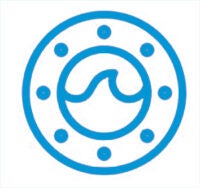
31 faculty, 3 marine research scientists and 9 postdoctoral fellows delivered classroom instruction as well as cruise and laboratory experiences to 99 graduate students, including 19 students enrolled in the online Master of Oceanography program. GSO faculty also taught nearly 1,600 undergraduates.
Campus Renewal
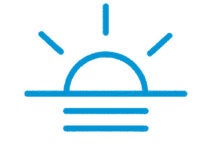
The revitalization of the URI Narragansett Bay Campus continues thanks to nearly $200 million in investments from the state of Rhode Island, federal funds and philanthropic support. Construction began on the Ocean Robotics Laboratory. Two additional buildings are in the schematic design phase, and will provide GSO and the College of Engineering’s Department of Ocean Engineering with separate, world-class research and education facilities.
Funded Research
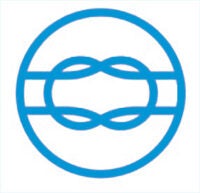
GSO was awarded $47.4 million in funded research, representing 33% of all research funding secured by URI, and fueling impactful projects that reach from Narragansett Bay to the Earth’s poles.
The top five award sponsors were the National Oceanic and Atmospheric Administration: $25.3M, National Science Foundation: $6.6M, U.S. Agency for International Development: $5.8M, Universities (Subawards to URI): $3.4M, and the Department of Defense: $2.4M.
Extraordinary Projects
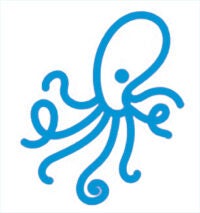
The NOAA Ocean Exploration Cooperative Institute (OECI) was renewed for another five years with a $250 million appropriation.In its first five years, OECI mapped more than 190,000 square miles of seafloor, equivalent to nearly 184 Rhode Islands.
Professor Rainer Lohmann and his colleagues found that the Arctic Ocean potentially exports as many PFAS, human-made chemical contaminants, to the North Atlantic Ocean as enters it, circulating the compounds globally.
Professor J.P. Walsh and Victoria Fulfer, Ph.D. ’24, found that the top five centimeters of Narragansett Bay’s sea floor accumulated over 1,000 tons of microplastics in just 10 to 20 years.
The URI Coastal Resources Center launched a project to support marine conservation in Madagascar with a consortium of partners. This $13 million USAID initiative is focused on marine conservation, spatial planning, and sustainable livelihoods of the nation’s coastal communities.
Justice, Equity, Diversity and Inclusion

GSO continues to make significant progress in justice, equity, diversity and inclusion as well as accessibility. The school has revamped its recruitment and admission procedure to ensure a more equitable and inclusive process free of implicit biases in student application and review, and to reach a more diverse student population. A new Code of Ethics outlines the expectations and standards of behavior for the GSO community on campus, in the classroom and in the field to foster a sense of engagement, community and belonging.

Alumni Reach
With the addition of 30 graduates in the 2023-24 academic year, the GSO alumni body now numbers 1,067 alumni working and residing in 43 U.S. states and 32 countries.
Public Engagement

GSO reached more than 20,000 people in classrooms and at events through its public engagement programming. Highlights include producing an immersive storytelling experience for a global audience of oceanographers at the Ocean Sciences Meeting; hosting the annual Charles and Marie Fish Lecture with speaker Charlie Enright, skipper of The Ocean Race-winning 11th Hour Racing Team; and, at numerous career fairs and STEM events, connecting K-12 and undergraduate students with opportunities in the blue economy.
Charitable Support
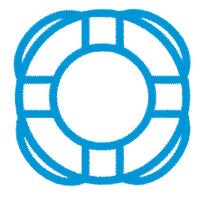
Thanks to the confidence of more than 240 donors giving more than $2.3 million, GSO continues to make significant strides in inspiring our next generation of ocean literate citizens, entrepreneurs and leaders.
In the coming year…
GSO will continue its mission to explore, understand and protect our home planet, its ocean and inhabitants; to support sustainable management of its ecosystems and resources; to inspire and educate future generations of ocean leaders; and to create an inclusive environment for all.

Memorable Moment
On October 3, 2024, during a beam-signing ceremony for the new Ocean Robotics Laboratory, U.S. representative for R.I.’s 1st congressional district, Gabe Amo, adds his name and best wishes. The event celebrated URI’s progress in transforming and renewing the Narragansett Bay Campus.
